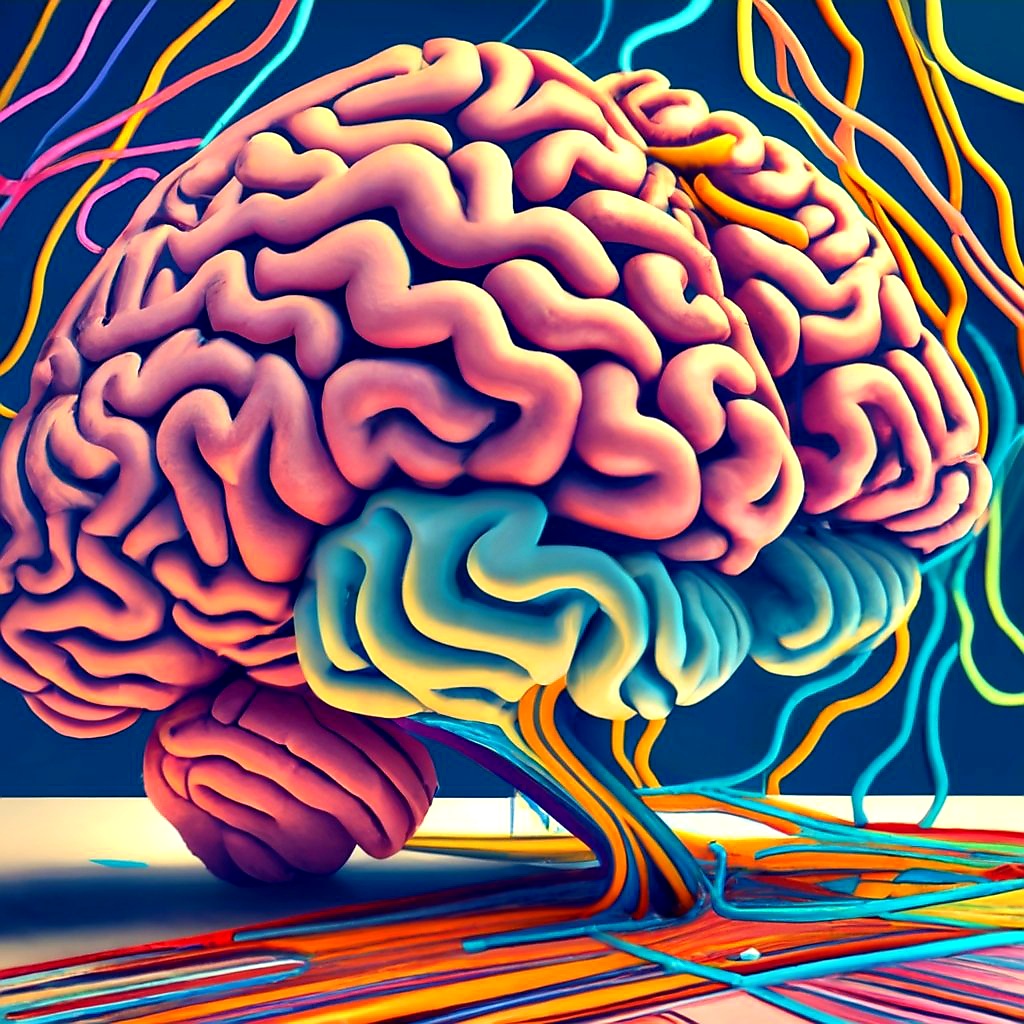Black Box AI: Shading Light on AI's Opacity Pitfalls

Understanding Black Box AI Systems Artificial intelligence (AI) systems are becoming increasingly prevalent in our daily lives. AI is automating many tasks that previously required human intelligence. While these AI systems are capable of impressive feats, most operate as "black boxes" - the inner workings are not transparent to the average user. This lack of transparency can be problematic when AI is applied in high-stakes domains like criminal justice, healthcare, and finance. Understanding the strengths and limitations of black box AI is crucial as these technologies continue permeating society. What is a Black Box AI System? A black box AI system refers to any artificial intelligence system whose internal logic and workings are opaque rather than transparent. The inputs and outputs of the system can be observed, but how the system produces its outputs from the inputs is unknown. For example, a system that analyzes mortgage applications to determine creditworthi...

